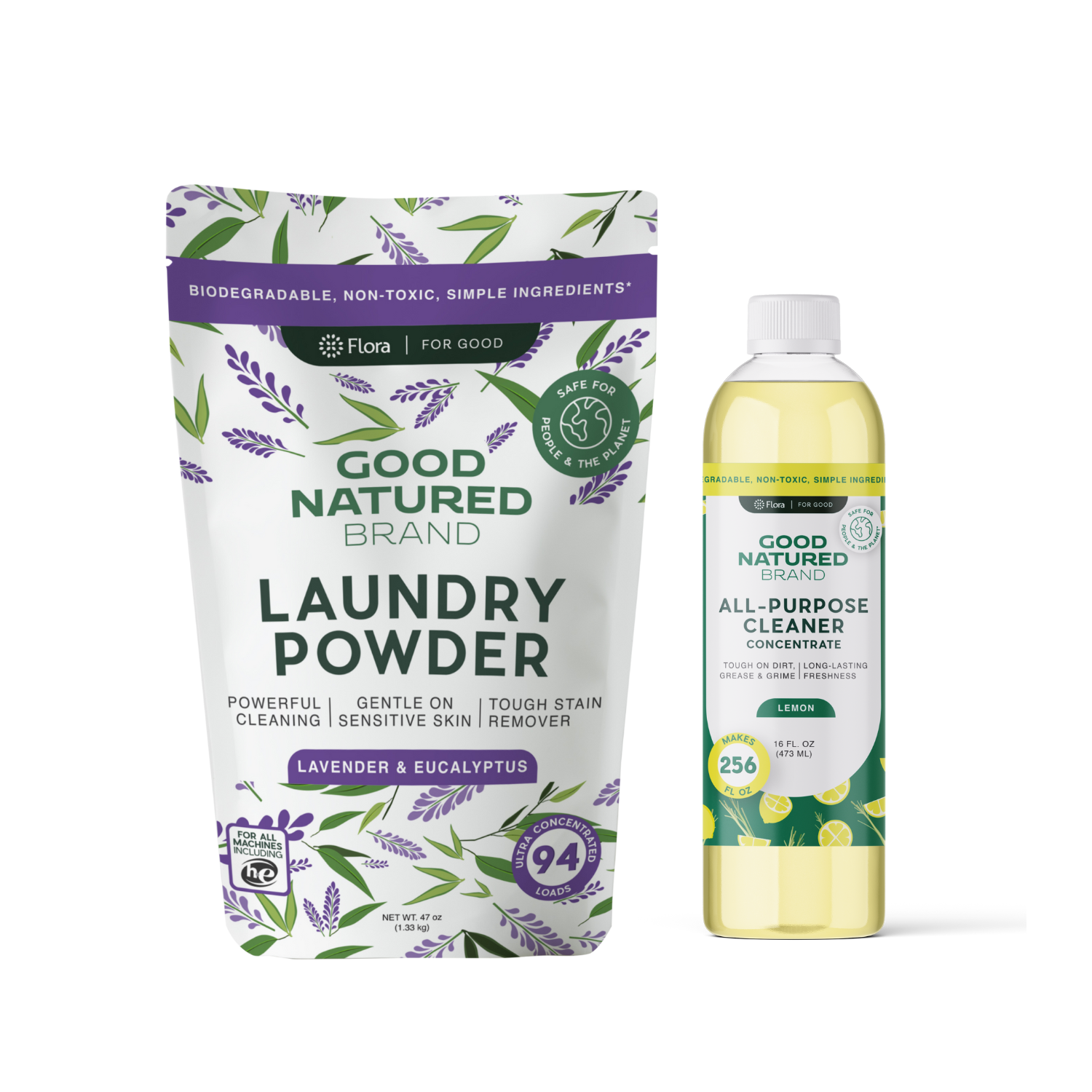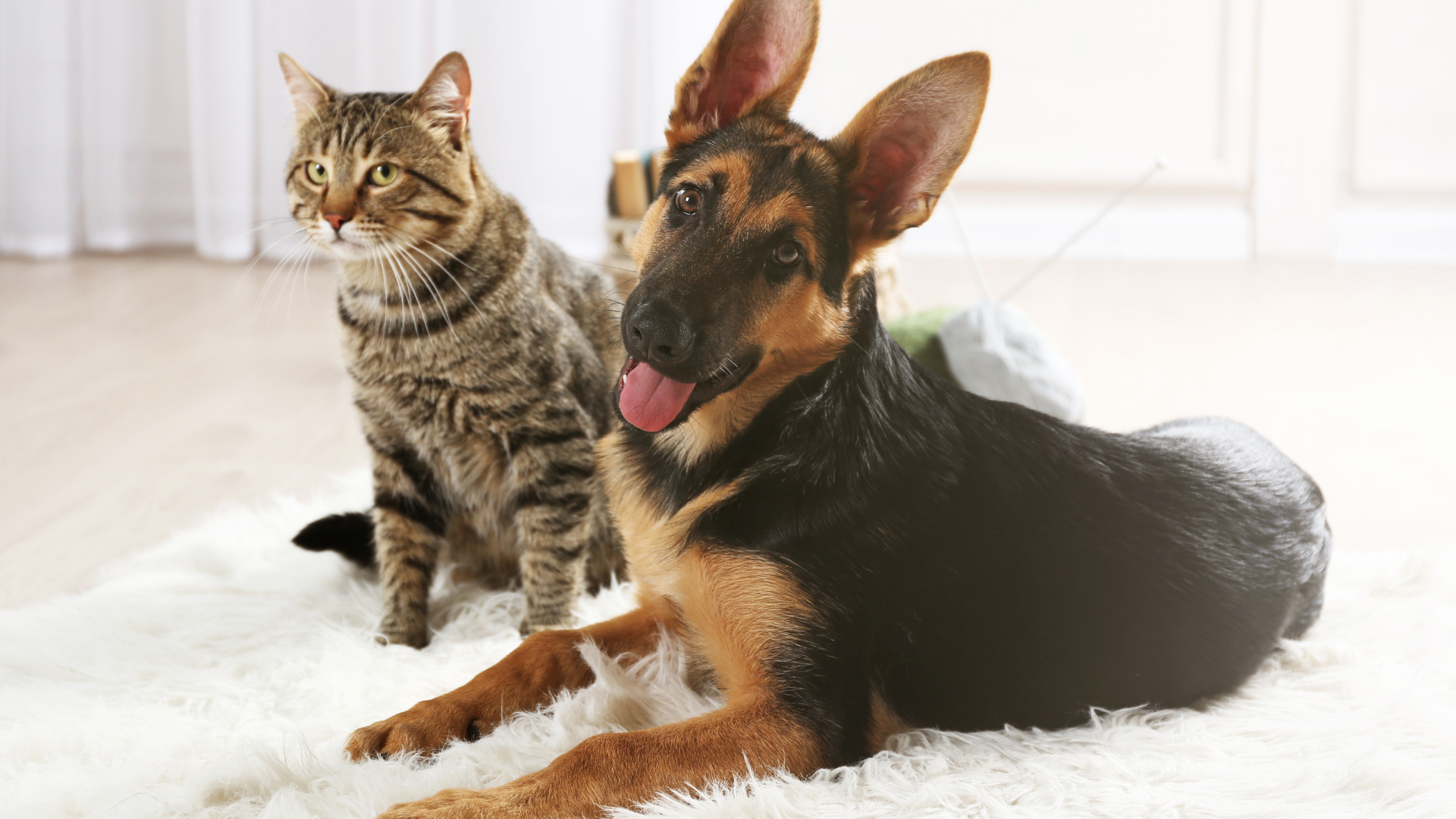If you’ve recently discovered your beloved cat pooping outside the litter tray, you’re not alone. This frustrating behavior is one of the most common issues cat parents face, and it can be both confusing and stressful. Cats are naturally clean animals that instinctively use litter boxes, so when they suddenly stop, it’s often a sign that something is wrong—whether behavioral, medical, or environmental.
Understanding why this happens is the first and most important step toward solving the problem. In this guide, we’ll explore all the possible reasons behind your cat’s behavior and offer expert insights to help you figure out what’s going on. If you’re interested in learning more about general pet behavior and home care, be sure to visit our Good Natured Brand Blog for more helpful guides.
Common Reasons Why Cats Poop Outside the Litter Tray
Cats may poop outside their litter tray for a variety of reasons, and identifying the root cause can take time and patience. In most cases, it comes down to one of three broad categories: behavioral issues, medical problems, or litter box/environmental issues.
-
Behavioral: Stress, fear, territorial behavior, or negative associations with the litter tray can make cats avoid it.
-
Medical: Health conditions like Urinary Tract Infection (UTI), Constipation, or Arthritis can make litter box use uncomfortable or painful.
-
Environmental: A dirty, small, or poorly located litter tray can discourage your cat from using it.
Understanding which of these categories your cat falls into is key to correcting the behavior effectively.
Behavioral Reasons for Pooping Outside the Litter Tray
Sometimes, the reason your cat is pooping outside the litter tray has nothing to do with illness and everything to do with stress, fear, or habits. Cats are creatures of routine, and even subtle disruptions can cause big behavioral changes.
Stress From Environmental Changes
Cats can become highly stressed by changes in their surroundings. Moving to a new house, rearranging furniture, or welcoming a new pet or baby into the home can all cause anxiety. This stress can manifest as inappropriate elimination, including pooping outside the litter tray. In these cases, the behavior is often temporary and resolves once the cat feels secure again.
Territorial Marking or Dominance
Although more common with urine spraying, some cats may use feces as a way to mark their territory. This can happen in multi-cat households, especially if one cat is feeling threatened or trying to assert dominance. You might notice the cat defecating in central, visible locations instead of tucked-away corners.
Negative Association With the Litter Tray
If your cat experienced pain while using the litter tray—such as straining during a bout of Constipation or diarrhea—they may start associating the box with discomfort and avoid it altogether. This type of aversion can persist even after the initial issue has resolved.
Medical Reasons for Cat Pooping Outside the Litter Tray
Health problems are another common reason cats stop using their litter tray. Because cats are experts at hiding pain, elimination issues may be the first visible sign of an underlying condition. If your cat’s behavior changes suddenly or you notice other symptoms, schedule a veterinary exam as soon as possible.
Urinary or Gastrointestinal Conditions
Conditions like Urinary Tract Infection (UTI) or Feline Lower Urinary Tract Disease (FLUTD) can make urinating or defecating painful. While these conditions primarily affect urination, the discomfort may cause your cat to associate the litter box with pain and avoid it altogether. Gastrointestinal problems like Constipation, Diarrhea, or Inflammatory Bowel Disease (IBD) can also cause urgency or accidents.
Arthritis or Mobility Issues
Older cats or those with Arthritis may struggle to get into or out of high-sided litter boxes. If it’s painful to climb in, they may choose to relieve themselves elsewhere. Providing a low-sided box can help these cats feel more comfortable.
Age-Related Cognitive Decline
Senior cats sometimes experience cognitive dysfunction, a condition similar to Dementia in humans. Confusion, disorientation, or memory loss can cause them to forget where their litter tray is or fail to recognize the need to use it.
How to Tell If It’s Behavioral or Medical
Distinguishing between behavioral and medical causes is crucial for resolving litter box issues. Here are some signs to help you determine which it might be:
Signs it’s likely behavioral:
-
Normal-looking stool
-
Incidents occur after household changes or stressors
-
Cat otherwise appears healthy and active
Signs it’s likely medical:
-
Blood in stool or urine
-
Straining, crying, or signs of pain while defecating
-
Diarrhea or sudden stool consistency changes
-
Changes in appetite, thirst, or activity
If you see any red flags for medical problems, it’s best to contact your veterinarian before trying behavioral solutions. Addressing health issues early can prevent the behavior from becoming a habit.
Environmental and Litter Tray Issues
Even if your cat is healthy and stress-free, litter tray setup can make or break their willingness to use it. Cats are extremely particular about their bathroom habits, and small problems can lead to big accidents.
Dirty Litter Tray
Cats dislike dirty litter boxes. If the box isn’t scooped at least once or twice daily, your cat may decide it’s too unpleasant to use. Deep cleaning the box weekly with unscented soap and water can also help.
Wrong Litter Type or Strong Scents
Some cats are sensitive to certain litter textures or odors. Strongly scented litters can be off-putting, while others may dislike coarse or dusty litter. Try experimenting with different unscented, fine-grain litters to see what your cat prefers.
Not Enough Litter Trays
The general rule is to have one litter tray per cat plus one extra. In multi-cat households, if there aren’t enough boxes, territorial disputes can push some cats to go elsewhere.
Poor Litter Tray Location
Litter boxes placed in loud, high-traffic, or hard-to-reach areas may discourage use. Keep them in quiet, private locations where your cat feels safe and won’t be disturbed.
Litter Tray Size and Accessibility
Trays that are too small, too deep, or hard to access can also cause problems. Kittens, seniors, and cats with mobility issues may need low-entry boxes for easy access.
How to Stop Your Cat From Pooping Outside the Litter Tray
Getting your cat back to using their litter tray consistently involves a combination of eliminating possible medical causes, improving the litter box setup, and managing stress or behavioral triggers.
Rule Out Medical Issues First
Before trying any behavioral solutions, make sure your cat is healthy. Schedule a veterinary visit to rule out conditions like Urinary Tract Infection (UTI), Constipation, or Arthritis. If your cat is experiencing pain, no amount of training or environment changes will resolve the problem until their health is restored.
Deep-Clean and Refresh the Litter Trays
Cats have a powerful sense of smell and will avoid soiled or odor-saturated boxes. Scoop at least twice daily and wash the entire tray with warm, unscented soap and water once a week. If the tray is scratched or worn, it might be holding odors and should be replaced. Make sure you have enough boxes for the number of cats in your home—ideally one per cat plus one extra.
Try Different Litter Types or Tray Styles
If your cat dislikes the litter texture or scent, they may refuse to use it. Experiment with different types of unscented, fine-grain litters. Also, consider whether the tray size or shape is comfortable—some cats prefer open trays for visibility, while others prefer covered boxes for privacy. Older or disabled cats may need low-sided trays to climb in easily.
Reduce Household Stressors
Environmental stress is one of the most common behavioral triggers. Create safe, quiet zones where your cat can retreat undisturbed. Maintain a consistent daily routine for feeding and playtime, and give your cat individual attention to strengthen their sense of security. If you’ve recently introduced a new pet or family member, gradually build positive associations using treats and praise.
Reward Desired Litter Box Use
Positive reinforcement can help break bad habits. Whenever your cat uses the litter tray, quietly reward them with treats or gentle praise. Avoid punishing accidents, as this can increase stress and make the problem worse.
How to Properly Clean Areas Where Your Cat Pooped
Cleaning up accidents thoroughly is essential—not just for hygiene, but to prevent your cat from returning to the same spot. Cats are strongly driven by scent, and lingering odors can encourage repeat accidents. Using pet-safe cleaning products ensures your home stays fresh without harming your cat.
Step-by-Step Cleaning Method
-
Remove Solid Waste
Put on gloves and pick up the feces using paper towels or a scoop. Discard it in a sealed bag. -
Blot and Wash the Area
For carpets or rugs, blot any remaining moisture gently—avoid rubbing, which can push waste deeper into fibers. For hard surfaces, wipe the area clean with warm soapy water. -
Deodorize to Eliminate Odor Cues
Odor elimination is the most important step. To neutralize lingering smells in carpets or rugs, apply a pet-safe Carpet Deodorizer and let it sit before vacuuming.
If the accident occurred on bedding, towels, or clothing, wash the items with Laundry Powder to lift out odors fully.
For hard floors, tile, or sealed wood, wipe the area thoroughly using an All-Purpose Cleaner that is safe for pets and removes odor-causing residue. -
Prevent Re-soiling
Once the area is clean, block access temporarily to discourage your cat from returning. Place furniture or foil over the spot, or use a pet deterrent spray until your cat’s litter box habits are consistent again.
Why Cleaning Thoroughly Matters
If your cat smells even a trace of previous waste, they may interpret it as an acceptable bathroom spot. Thorough, odor-eliminating cleaning breaks this cycle, helping them re-establish their litter tray as the correct place to go.
Preventing Future Incidents
Once you’ve addressed the immediate accidents, the next step is preventing new ones from happening. This involves creating a cat-friendly environment, maintaining a clean litter box routine, and staying alert to early warning signs.
Maintain Clean Litter Boxes
Scoop all litter boxes at least twice daily and do a full wash weekly. Replace the litter completely when washing the box. Cats are far more likely to use clean boxes consistently, and it reduces the risk of bacteria buildup.
Provide Multiple Litter Boxes
Ensure you have enough boxes for your household—ideally one per cat plus one extra. Place them in quiet, low-traffic areas so each cat has easy access without fear of ambush from others.
Keep a Consistent Routine
Cats thrive on routine. Feed them on a regular schedule, clean their boxes at the same times each day, and play with them daily. Predictability helps them feel secure, which reduces stress-related elimination problems.
Reduce Stress and Boredom
Provide environmental enrichment such as climbing trees, scratching posts, puzzle feeders, and interactive toys. This keeps your cat mentally and physically stimulated, reducing anxiety-driven behavior.
Monitor for Signs of Health Problems
Watch for early signs of illness such as changes in stool, straining, lethargy, or weight loss. Early veterinary care can prevent painful conditions from leading to litter box avoidance.
When to Seek Professional Help
If your cat continues pooping outside the litter tray despite trying the above strategies, it may be time to seek expert help. Persistent issues can become ingrained habits, and professional guidance can make a huge difference.
-
Veterinarian: Schedule a comprehensive exam to rule out hidden medical conditions.
-
Feline Behaviorist: A behaviorist can assess your home setup, daily routines, and cat interactions to create a personalized plan.
-
Follow-Up: Stay consistent with recommendations, and don’t get discouraged—most cases are resolvable with patience.
Final Thoughts on Why Your Cat Poops Outside the Litter Tray
When your cat starts pooping outside the litter tray, it’s stressful—but it’s also usually solvable. By addressing possible medical issues, improving the litter box environment, reducing stress, and thoroughly cleaning accidents with safe, effective products like Carpet Deodorizers, Laundry Powders, and All-Purpose Cleaners, you can break the cycle and get your cat back on track.
Remember to be patient and compassionate. Cats don’t break litter box habits out of spite—they do it when something isn’t right in their world. With the right approach, you can restore harmony to your home and enjoy a clean, stress-free environment for both you and your feline friend. For more tips on maintaining a healthy, happy home, visit Good Natured Brand’s main page.


















